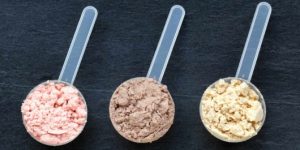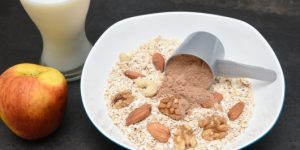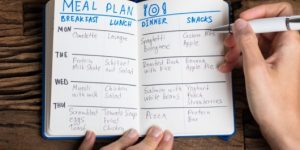Everyday we are bombarded with nutritional ads stating that we need to include vitamins, minerals and oils in our daily diets. They say that we need to be taking in pills to have a long, healthy, and productive lives. But, there are so many ads giving mixed messages and it’s hard to tell if we need to be taking vitamin and mineral supplements or not. Even if we did, which ones should we take? This article discusses what nutrient deficiency is and its main symptoms. This article also discusses the the type of nutrients that are commonly neglected by young women.
[spoiler title=”tl;dr – click to read summary” style=”fancy”] Nutrient deficiency is the lack of vitamins and minerals, carbohydrates, proteins, and fats in the body. The common nutrients that women lack are zinc, folic acid, and iron. The best sources of zinc are oysters (and other seafood), beef, and pork, and some breakfast cereals. The best sources of folic acid are spinach, fruits, beans, peas and nuts, enriched breads, and cereals. The best sources of iron are meat, poultry and fish. [/spoiler]
What Is Nutrient Deficiency?
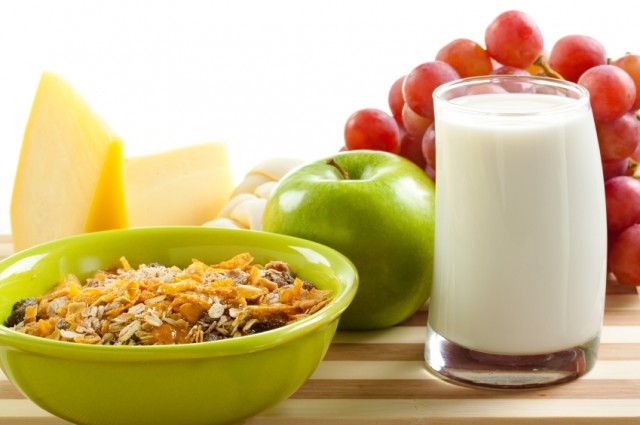 According to the United Nation’s Food and Agriculture Organization, nutrient deficiency is the “absence or insufficiency of some factors needed for normal growth and development.” Nutrients include vitamins and minerals and macronutrients, which include carbohydrates, proteins and fats.
According to the United Nation’s Food and Agriculture Organization, nutrient deficiency is the “absence or insufficiency of some factors needed for normal growth and development.” Nutrients include vitamins and minerals and macronutrients, which include carbohydrates, proteins and fats.
Our body changes at every stage of life, and as a result, so do our nutritional needs. For example, babies need a lot of fats for healthy brain development. Later on in life, our fat intake needs to be reduced, and we need more carbohydrates and proteins to keep our cells healthy. Micronutrient deficiency is a common problem for young women of fertile age. Even though the thought of having babies hasn’t crossed your mind, your fertility peaks in your early and mid twenties, which means your body has different needs to stay healthy. Below are some of the micronutrients we are most commonly deficient in, some of the symptoms of deficiency, and ways you can get these nutrients by simply changing what you eat.
Three Nutrients You Might Not Be Getting Enough of
Zinc
Zinc is a micronutrient that plays an important role in the building of proteins in your body and cell renewal. Your cells need to be renewed when you are sick, when you’ve been wounded, and especially if you are still growing. The National Institutes of Health recommends that women 19 years old and older should consume at least 8 mg of zinc per day, and 11-12 mg if you’re pregnant or lactating.
Some of the symptoms a person experiencing zinc deficiency include loss of appetite and frequent sickness. In extreme cases, it can cause excessive hair loss and skin/eye wounds. If you feel like you have any of these symptoms, visit a doctor immediately to determine the cause.
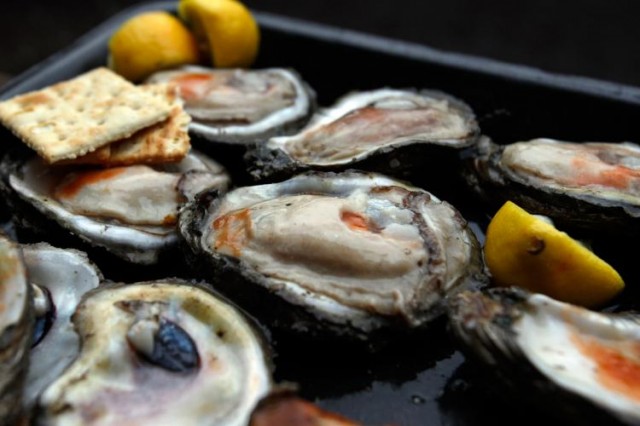
Oysters (and other seafood), beef, and pork are best sources of zinc. Most breakfast cereals are also fortified with about 25% of your daily zinc needs.
Folic Acid
Folic acid (also known as folate and vitamin B9) is a vitamin that helps the body to produce new cells. While everyone needs folic acid, it is extremely important to know that zinc can prevent birth defects in the baby’s spine and brain.
When someone doesn’t consume enough folic acid, she develops folic acid deficiency anemia. Without enough folic acid in your system, it’s very difficult for your body to make new red blood cells to carry oxygen. You may feel weak or tired, or constantly in a bad mood. You may also not feel like eating and have trouble concentrating and remembering things.
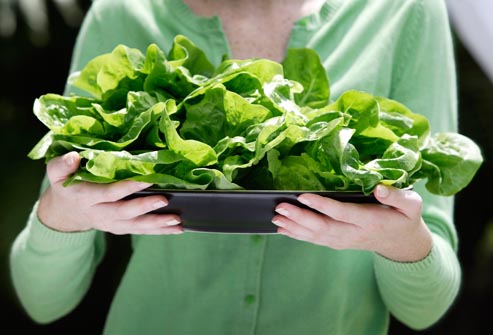
You can get enough folic acid by consuming raw green leafy vegetables, such as spinach, fruits, beans, peas and nuts. Folic acid is also found in enriched breads and cereals.
Iron
According to the World Health Organization, iron deficiency is the most common nutritional disorder in the world. Women and children are particularly vulnerable, regardless of whether you live in a developing or industrialized country. Iron is a mineral that is found in all of our cells and carries out functions like carrying oxygen from our lungs to the rest of our bodies. It also helps us digest food. Because it is found in all cells, not having enough iron affects our entire body.
An Iron deficiency causes tiredness and fatigue, making it hard to concentrate or perform physical tasks. It can also affect your memory and mental function. During pregnancy, it is linked to a higher risk in premature births. Women with heavier periods are particularly vulnerable to iron deficiency because of increased blood loss.
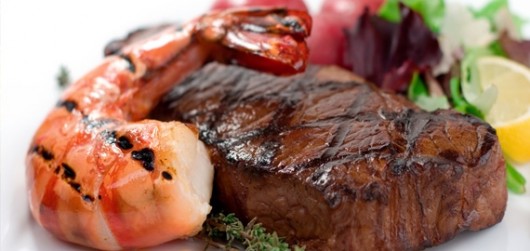
The best sources of iron are animal protein, such as meat, poultry and fish. Iron is also found in vegetables such as beans and spinach but the body doesn’t absorbed vegetable iron as much as that coming from animals . To improve iron absorption into the body, you can eat meats and green leafy vegetables with another food containing vitamin C, like an orange or a tangerine.
Vitamin Supplements
Most women can get enough of the nutrients they need by paying attention to the food they eat. If you feel like you may be deficient in any of these, or any of the other micronutrients, talk to your doctor about taking a vitamin and mineral supplement.
The most important thing to keep in mind is that the human body is wonderfully complex, and it has very specific needs. By paying attention to what we eat and educating ourselves about our body needs, we can improve our health in the short and in the long term period and it will allow us to live a long and healthy life.

